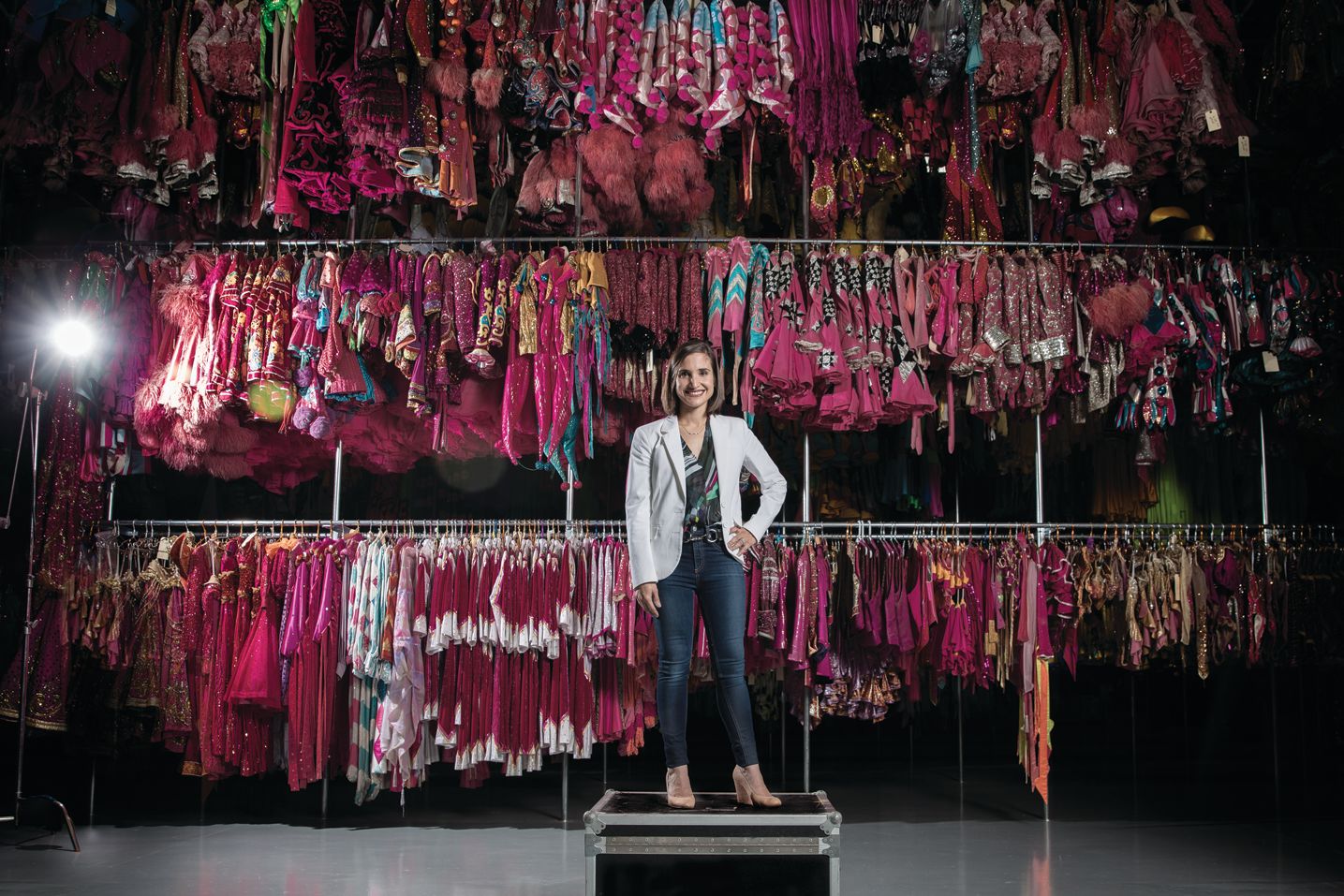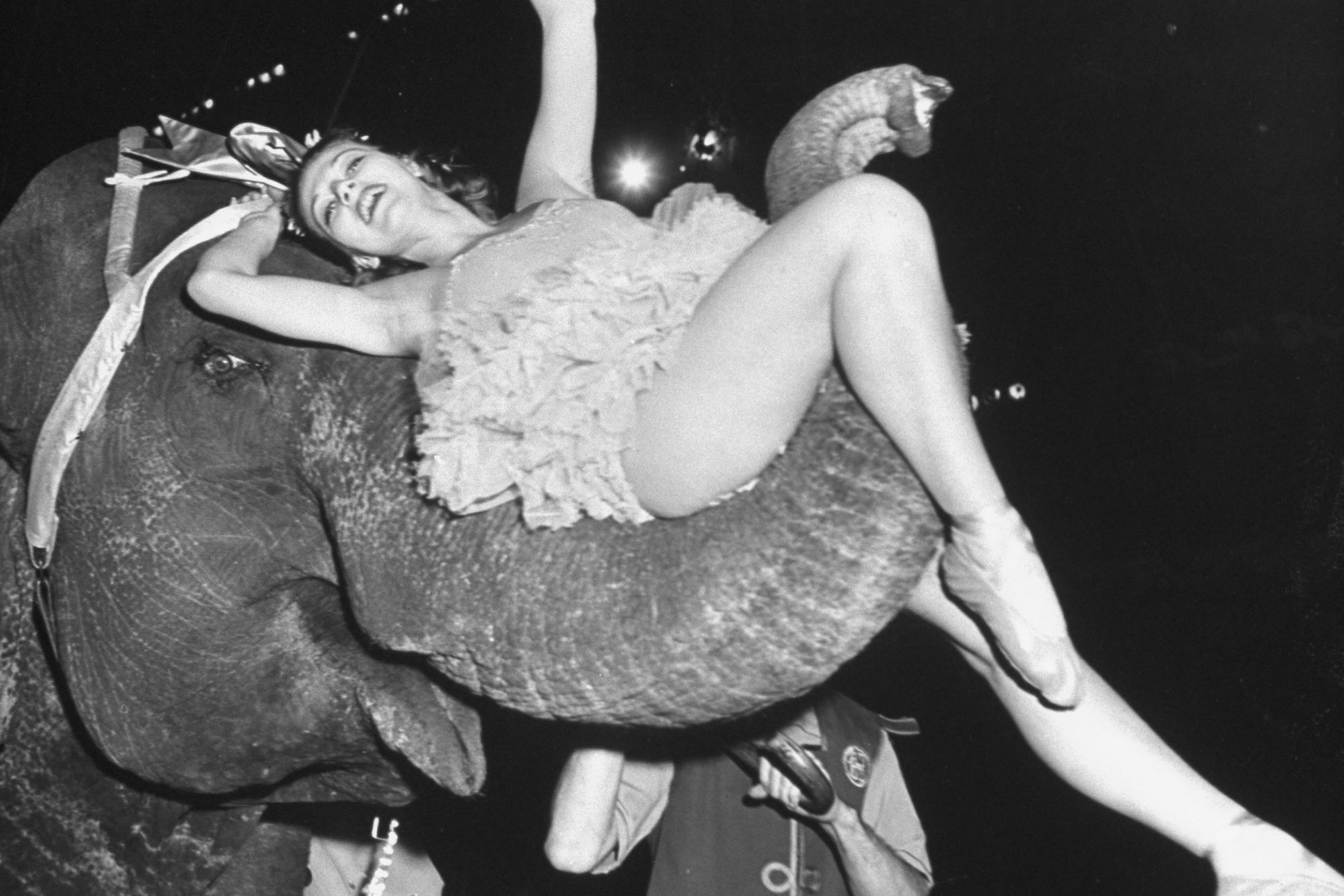The Greatest Show on Earth Gallery Opens at The Ringling

Image: Gene Pollux
In 1967, Irvin Feld purchased the Ringling Bros. and Barnum & Bailey circus from John Ringling’s nephew, John Ringling North, for $8 million—the equivalent of $73.4 million today. Feld Entertainment, as the family business became known, toured the Ringling circus around the world until 2017, when the company shuttered the brand, citing low ticket sales after the use of elephants in the show was phased out.
The Feld era of the circus is the subject of a new section of the Ringling Circus Museum, The Greatest Show on Earth Gallery, which opened on the second floor of the Tibbals Learning Center last month and modernizes the story of the circus. (Coincidentally, Feld relaunched the Ringling Bros. and Barnum & Bailey circus last fall.)
“The previous timeline ended in 1969,” says Jennifer Lemmer Posey, the museum’s Tibbals curator of circus, “so we never told the history of the circus our guests experienced.” Now, the museum is doing just that.

Image: Gene Pollux
Before producing a new season of the circus, Feld employees would build so-called “white models,” unpainted miniature 3D modelsof circus structures and
performers that would be used to plot out every element of how a show would come together and identify any logistical hurdles. Some of them are on display.

Image: Gene Pollux
The gallery displays several actual costumes worn by circus performers over the years, as well as “costume bibles” with conceptual renderings, photographs and information on how to care for the outfits.

Image: Gene Pollux
During the Feld era, roughly 120 different acts performed with the circus. Visitors can see images and videos of the shows by using a “leap motion sensor,” which tracks your hand as you move it around in space.

Image: Gene Pollux
As you leave the gallery, you may notice the smell of popcorn. A “scent speaker” hidden in the wall uses dry popcorn-scented pellets to trigger memories made under the big top.



